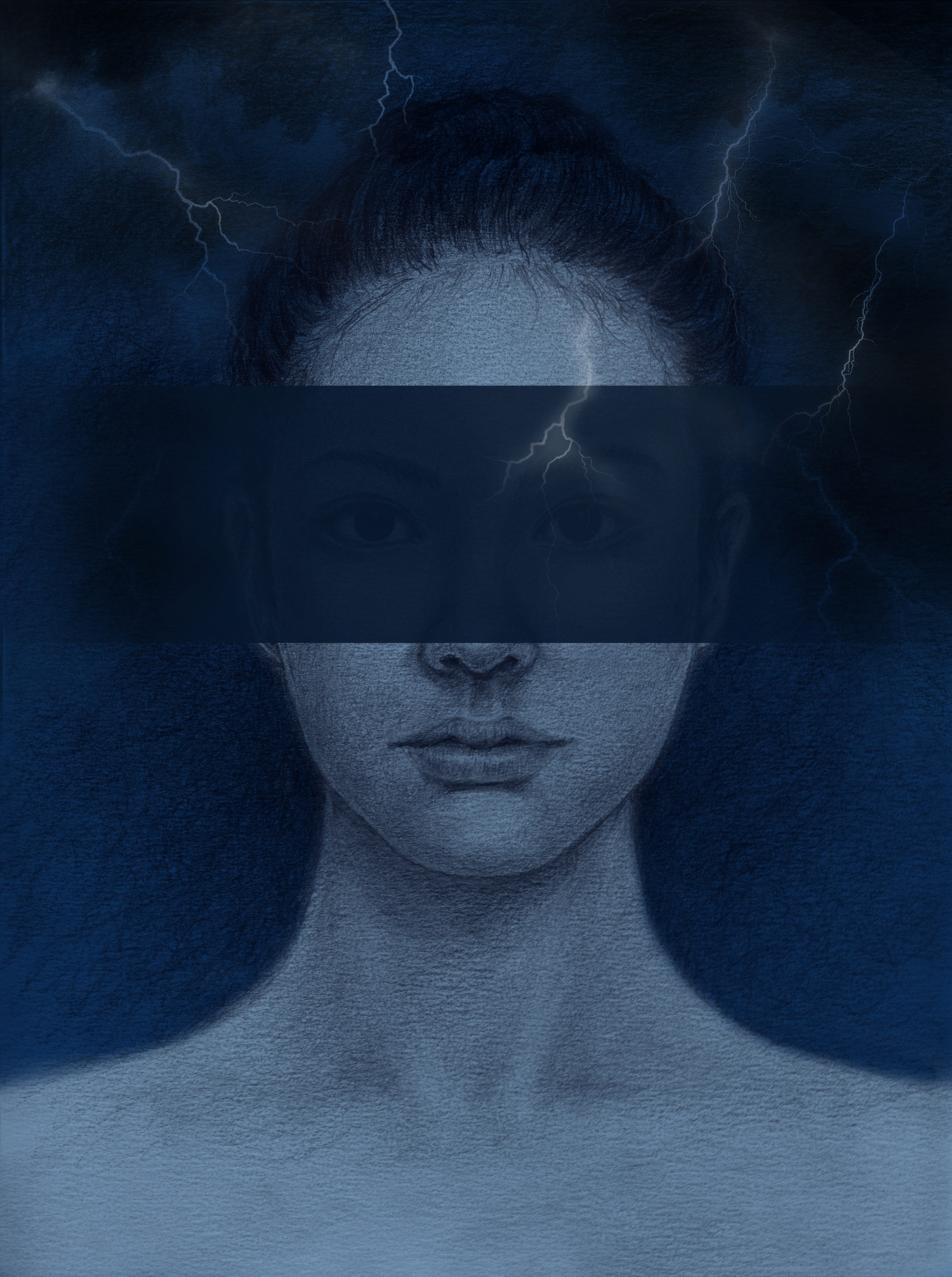Concussions
Have you or anyone you know sustained a concussion? If so, you know firsthand that concussions are yet another source of headaches. Usually, you move past the effects in several months if your concussion was mild. Take steps, though, to make sure concussions are not a repeat performance! However, beware if you suffered a more significant concussion. Your symptoms may linger on longer than you realize.
In the past, people assumed the best treatment was total rest in order to let the brain heal. However, while general stress-free rest is good, total rest is not. Do not isolate away from other people. Avoid cutting off all sensory stimuli in an effort to heal your brain.
In addition, consider that anxiety can increase concussion symptoms. Your mind will not be at ease if you remove yourself from everything. What would you find more anxiety-provoking than putting yourself in what amounts to solitary confinement?
What Can Physical Therapy Do to Help Concussions?
Obviously, you will have a big headache after a concussion. Physical therapy treatments offer many useful techniques to relieve your headaches, as we have described in earlier blogs.
However, you may also suffer other more other subtle symptoms. You may notice visual disturbances and have difficulty tracking objects or focusing your eyes.
Dizziness may result after your concussion. The impact your head absorbed may have dislodged some of the crystals of your inner ear and affected your balance.
You may have cardiovascular responses whereby heart rate and blood pressure response is not normal. Check your heart rate and blood pressure response to make sure nothing is amiss.
In addition, your motor coordination may be subtly affected. Your reaction time may be slowed. Physical therapy can address all of these concerns.
Sports Related Concussions
Concussion controversy swirls around football. The National Football League responded to the intense criticism by their relatively new approach to how they handle concussion injuries. The NFL developed a detailed concussion protocol in order to deal with their concussion problems. The sporting world ignored the seriousness of concussions until recently.
Quarterback Brett Favre of the Green Bay Packers achieved a record 321 consecutive games played. By his own admission, he sustained many concussions through his 29-year long career. Current concussion protocols would likely prohibit another football player to break this record. Favre suffers the cognitive consequences of multiple impacts to his head. The prorols aim to prevent such damage in the future.
Many Sports Have Concussion Risks
Soccer, ice hockey and rugby place their players at high risk for concussions. Unexpectedly, one other sport ranks high in concussion rates. Cheerleading. Surprisingly, the rate of cheerleading concussion leads the way in the group of high concussion sports. Why such a high rate? Stunts involve high-risk stunts that all too often go awry and end up with girls impacting their heads on other cheerleaders’ heads or the floor.
To deal with concussions, other sports developed their own concussion protocols. There is no one-size-fits-all in concussion management. Optimal return-to-play protocols and best treatment approaches are still a work in progress.
Baseball Concussion Protocol
Baseball, for instance, established their formal concussion protocol during the 2011-2012 season.
Did these players with concussions sustain prolonged effects after their concussions? Unfortunately, statistics show that there were some longer-term effects. Batters’ performance was worse one year out following their concussion the study showed.
Did the time off recovering from the concussion affect the performance, rather than the concussion? Some studies indicate that the concussed players had worse batting performance one year out compared to those who were out for other reasons.
Concussion Effects May Linger
Sports is just one arena in life you or your children may sustain a concussion. The adverse effects may stick around longer than we would like. We need to know the best strategies to minimize these long-term effects. In future blogs we will look at how physical therapy can help you to ease these concussion effects.
